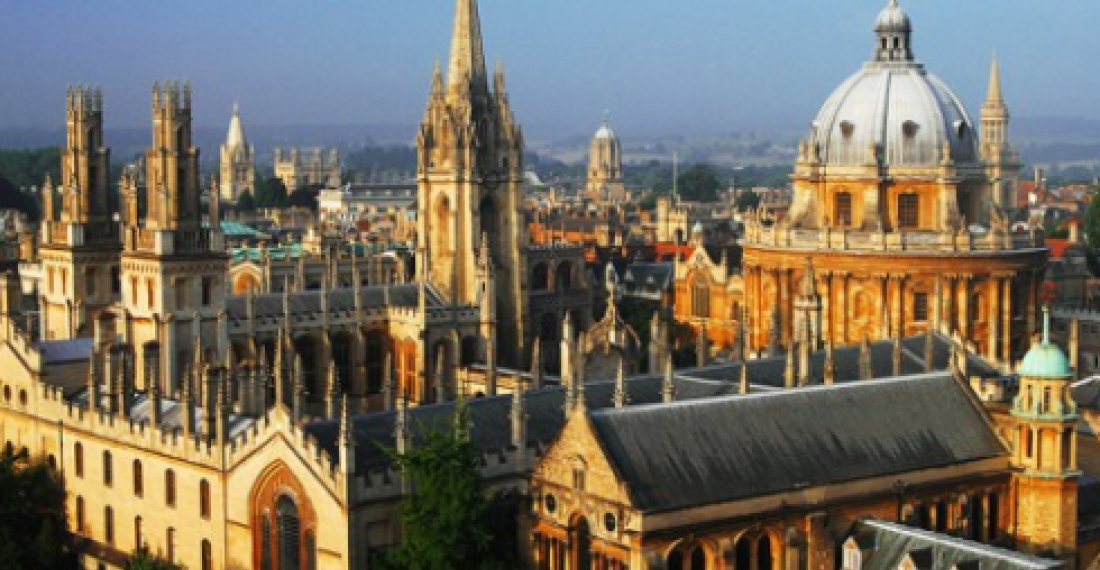Diplomats from the European Union (EU), the United Nations (UN) and the Organisation for Security and Co-operation in Europe (OSCE) on Monday. 12 November, join dozens of experts and academics to discuss ongoing processes in the South Caucasus region, prospects for regional-co-operation and how to address issues related to the unresolved conflicts. The 3rd Oxford Conference on contemporary South Caucasus Issues, jointly organised by LINKS (DAR) and Oxford University this year has the theme "Regional Co-operation in the South Caucasus: elusive but necessary".
The conference opening, chaired by Dame Audrey Glover, will include contributions by Toivo Klaar, European Union Special Representative for the South Caucasus and the conflict in Georgia; Cihan Sultanoglu, United Nations Representative for the Geneva International Discussions; and Rudolph Michalka, Special Representative of the OSCE CiO for the South Caucasus. The keynote speech is expected to be delivered by Ambassador Natalie Sabanadze who is Georgian Ambassador to the European Union.
During the day participants will listen to three panel discussions. The 1st Session will deal with the theme "Domestic developments amid shifting regional dynamics and tense global processes". it will be moderated by Professor Roy Allison (Russian and Eurasian Studies Centre, Oxford University). Other speakers are Zaur Shiriyev (Analyst, International Crisis Group), Dr Giorgi Khelashvili (Advisor to the Chairman of the Parliament of Georgia), Lusine Kharatyan (National Academy of Sciences of Armenia).
The theme of the 2nd Session is "Big players, competing agendas, demanding clients - the role of external actors in the South Caucasus", and it will be moderated by Craig Oliphant from the Foreign Policy Centre. Panellists include Amanda Paul (Senior Analyst, European Policy Centre), Dr Giorgio Comai (International Co-operation Centre, Trento), Professor Jamie Shea (Exeter University); and Armenak Tokmajyan (International Crisis Group).
The 3rd Session after lunch will discuss the theme "Breaking the vicious circle: Can the region emerge from the quagmire of conflict?" It will be chaired by Dr Dennis Sammut (LINKS [DAR]). Speakers include Veronika Movchan, (Berlin Economics), Ahmad Allili (CESD. Baku), Eduard Abrahamyan (Leicester University).
Reports on the conference will be available on commonspace.eu throughout the day.
source: commonspace.eu
photo: Oxford University (archive picture)







